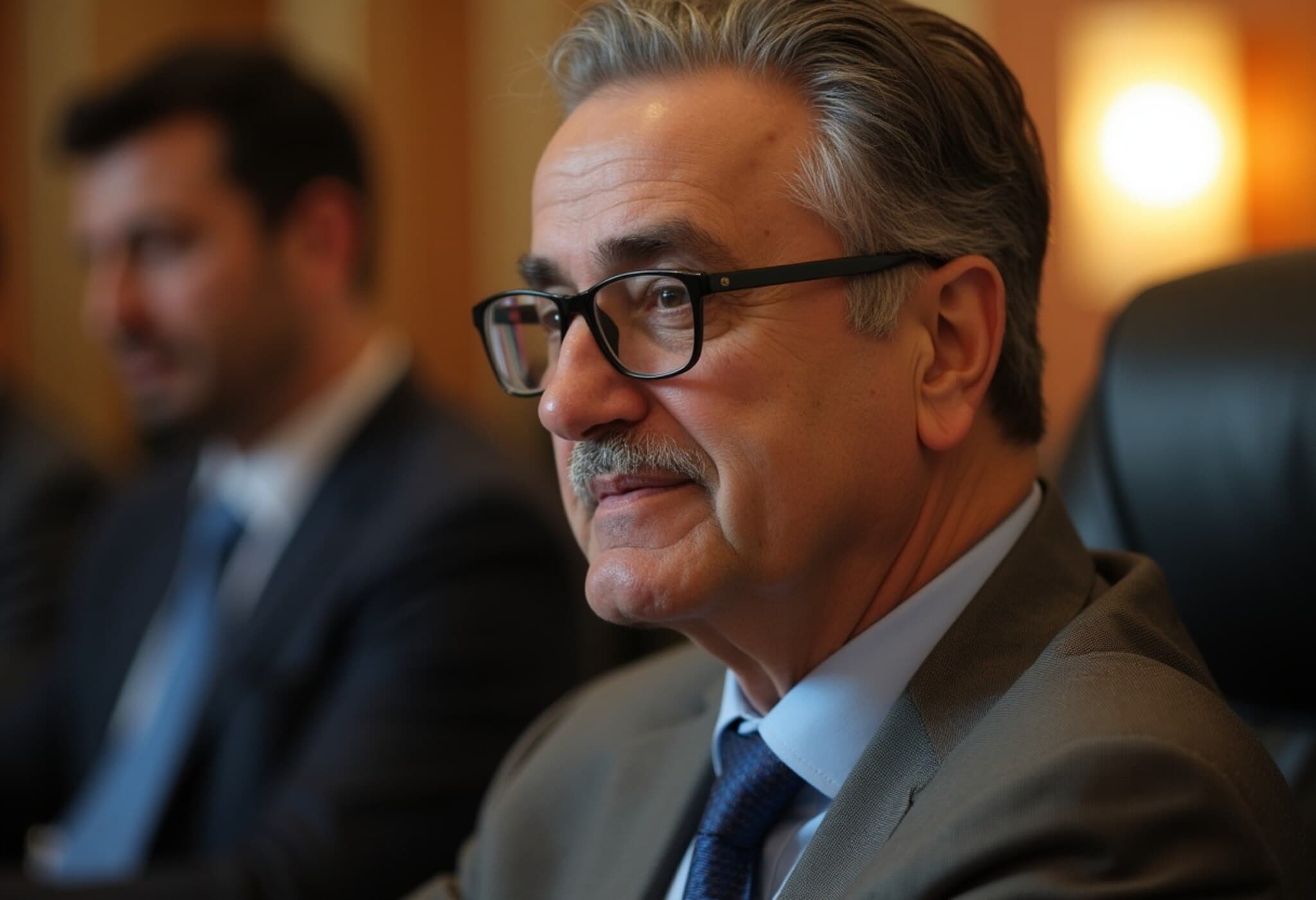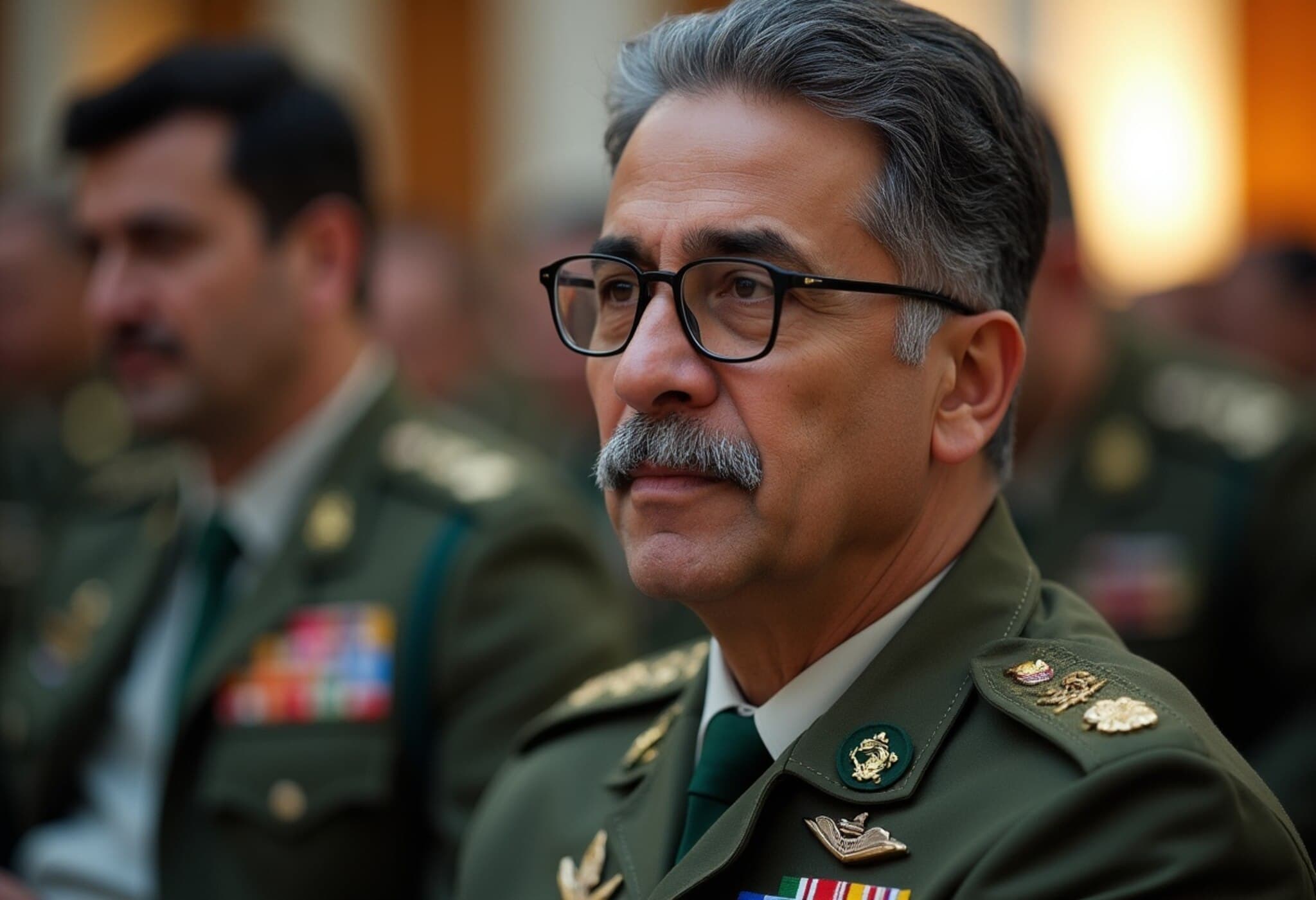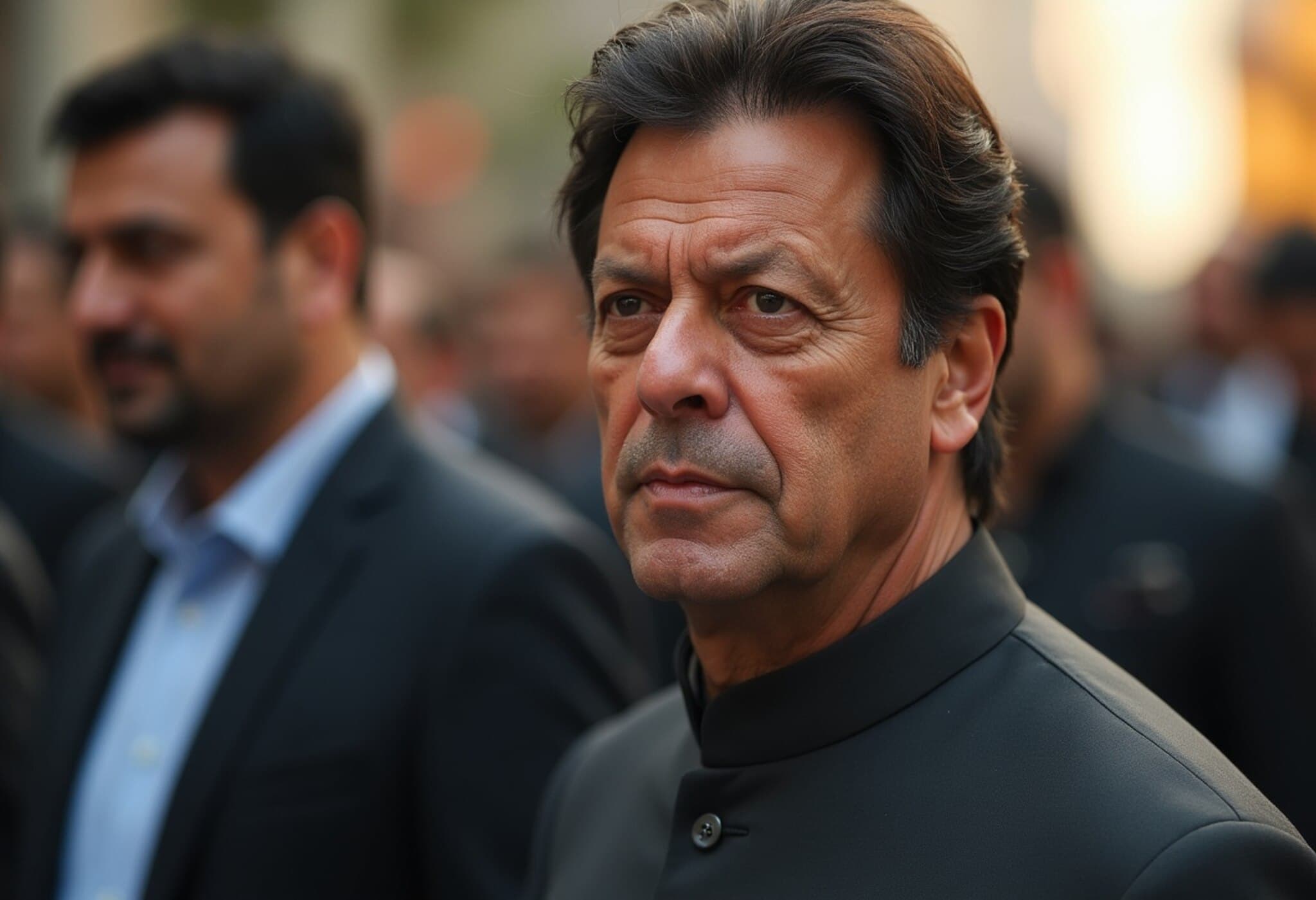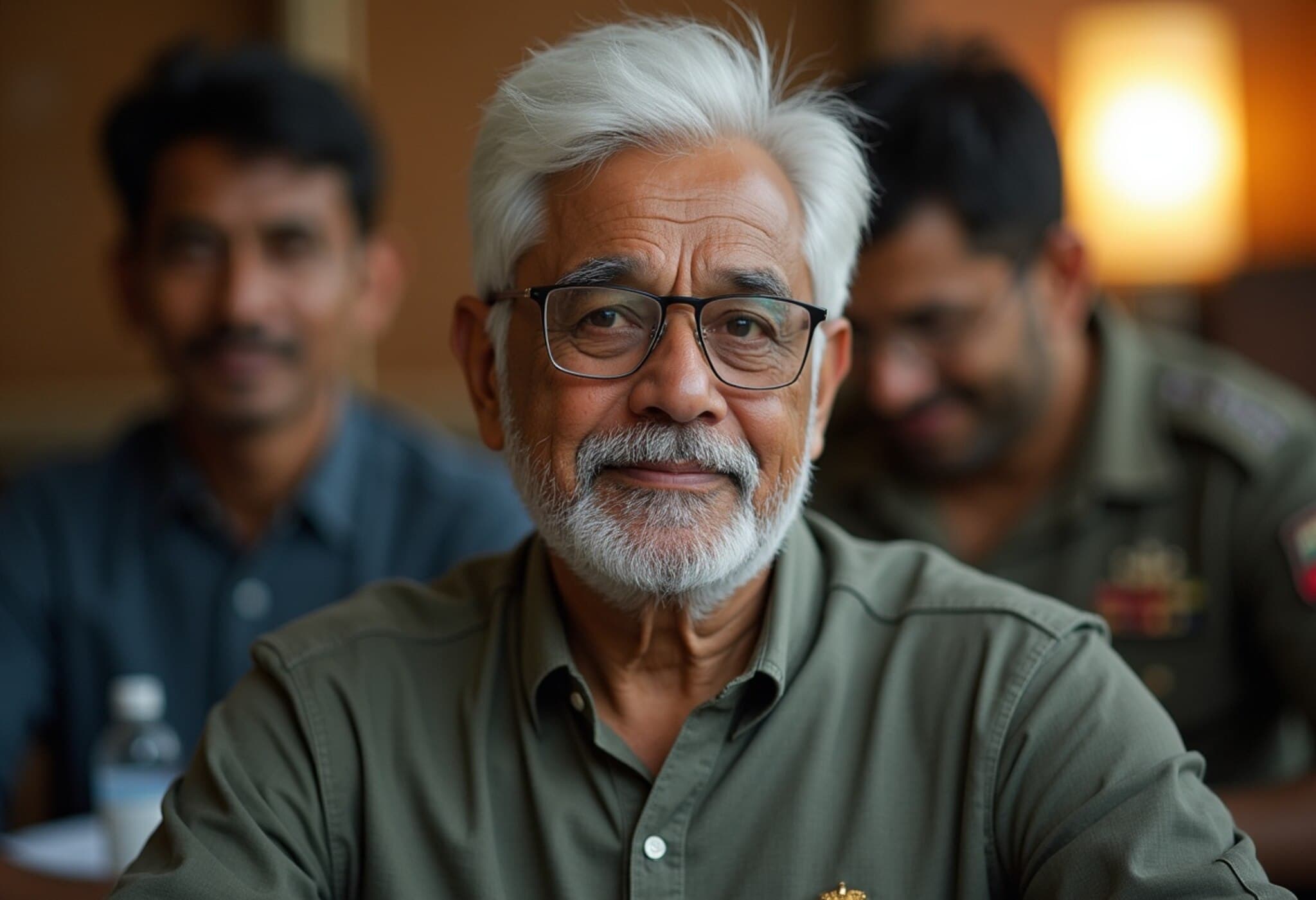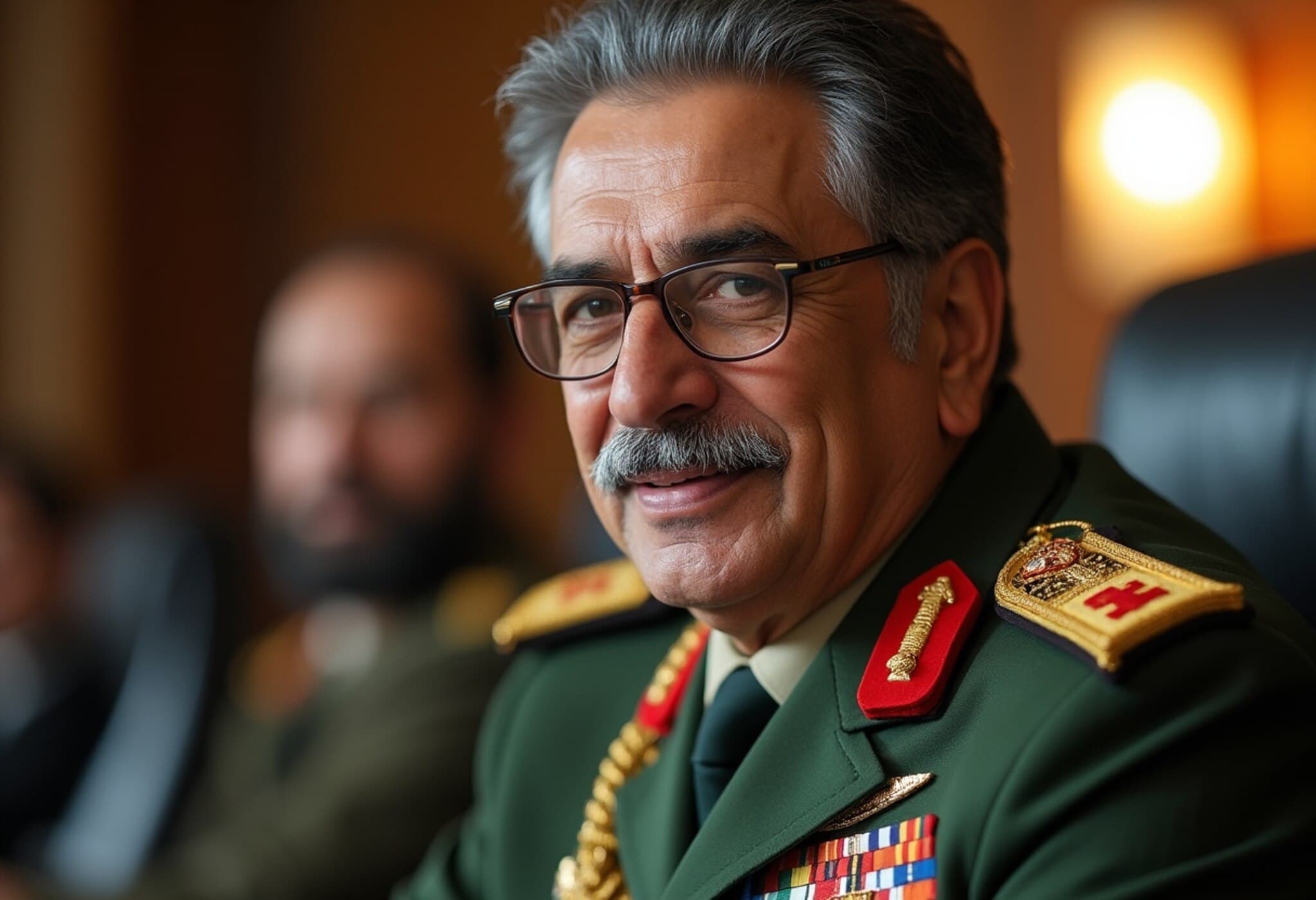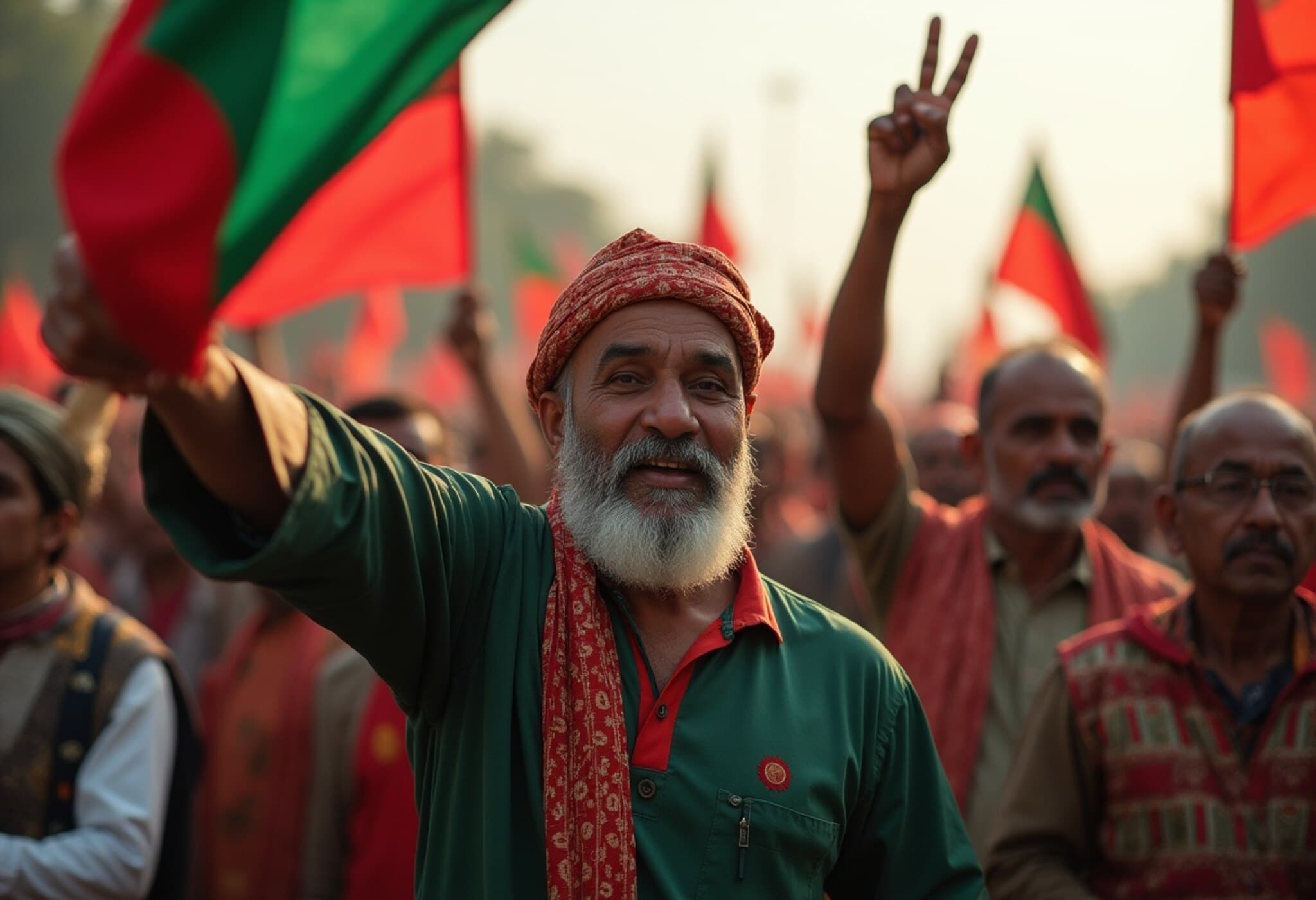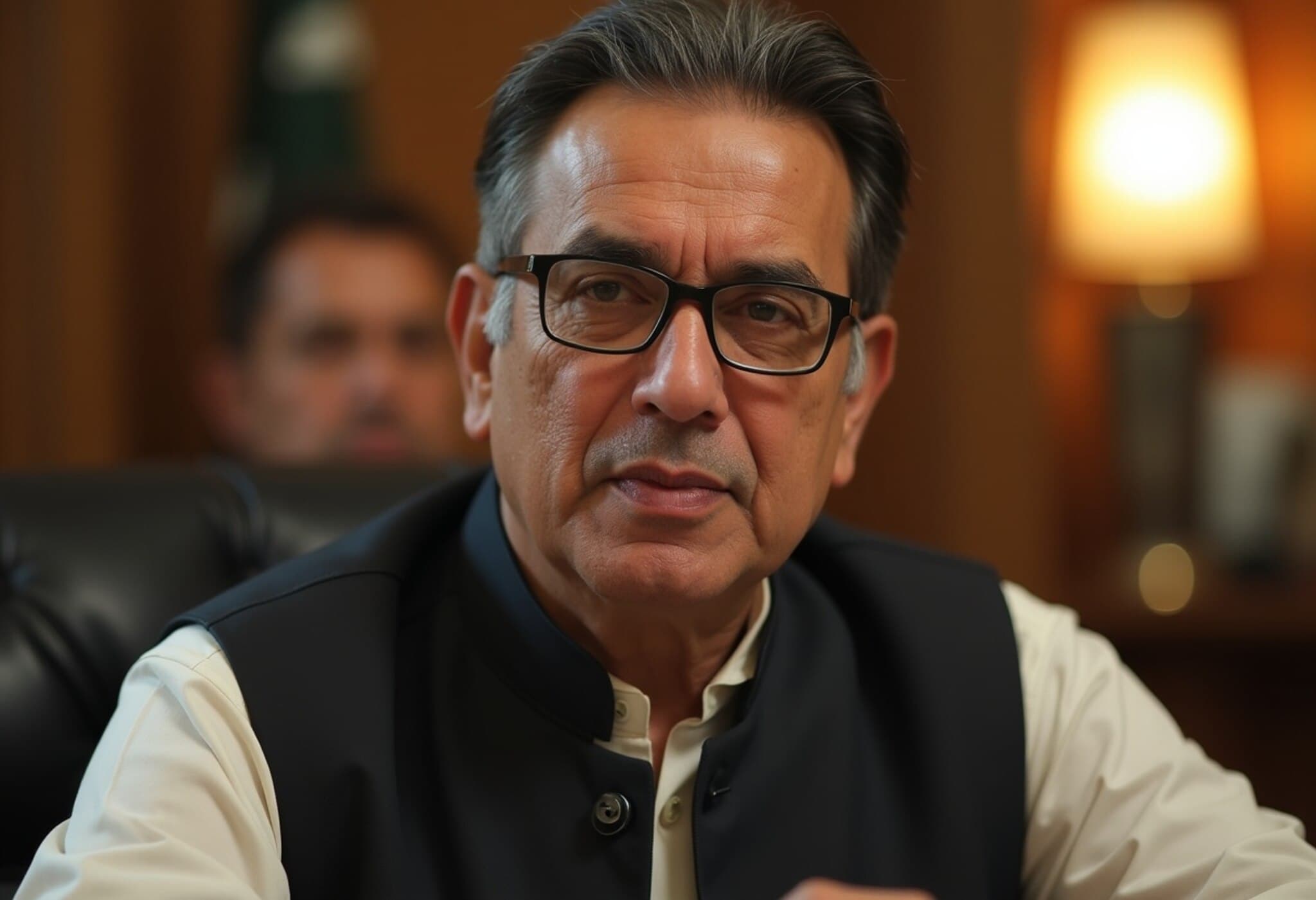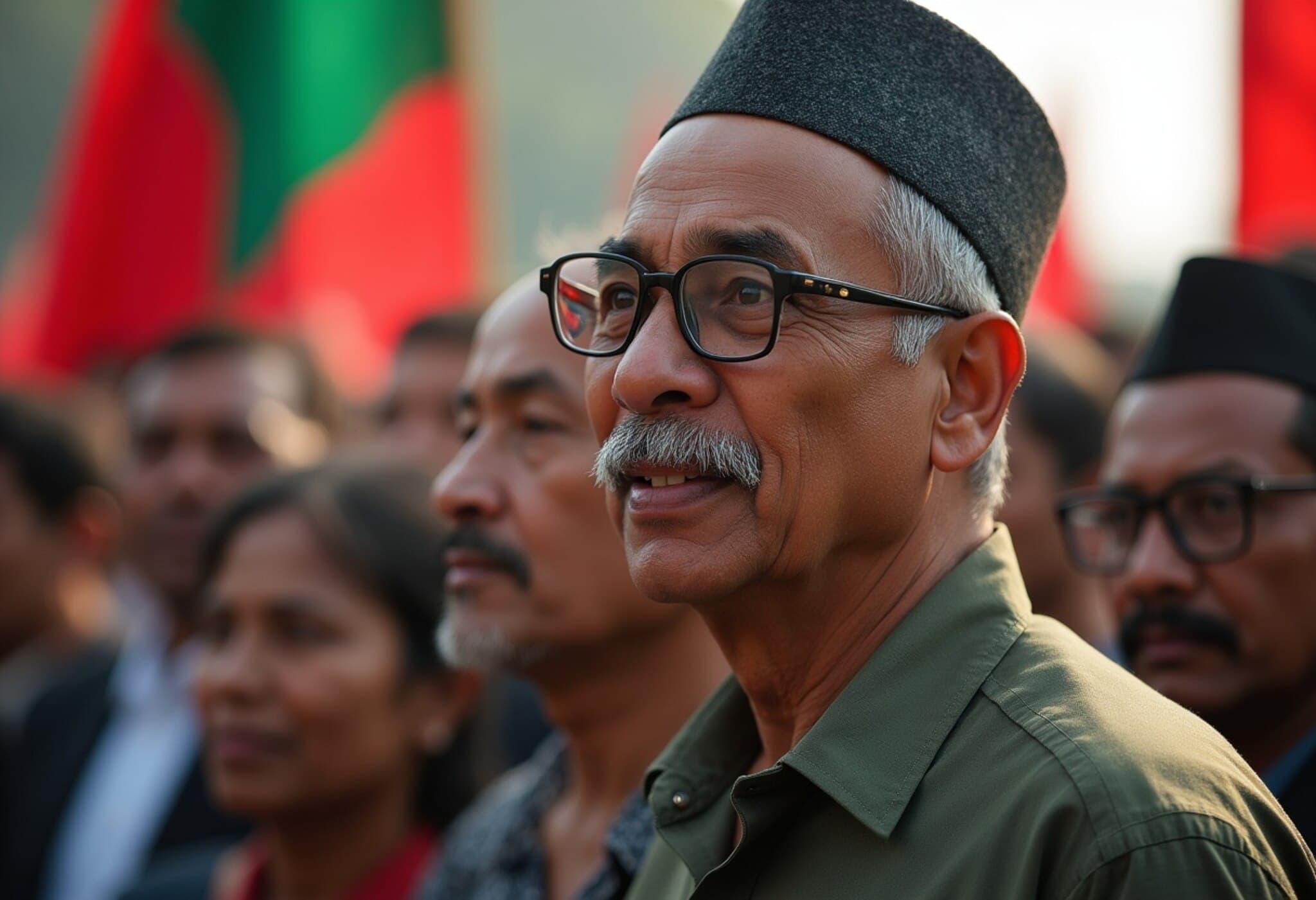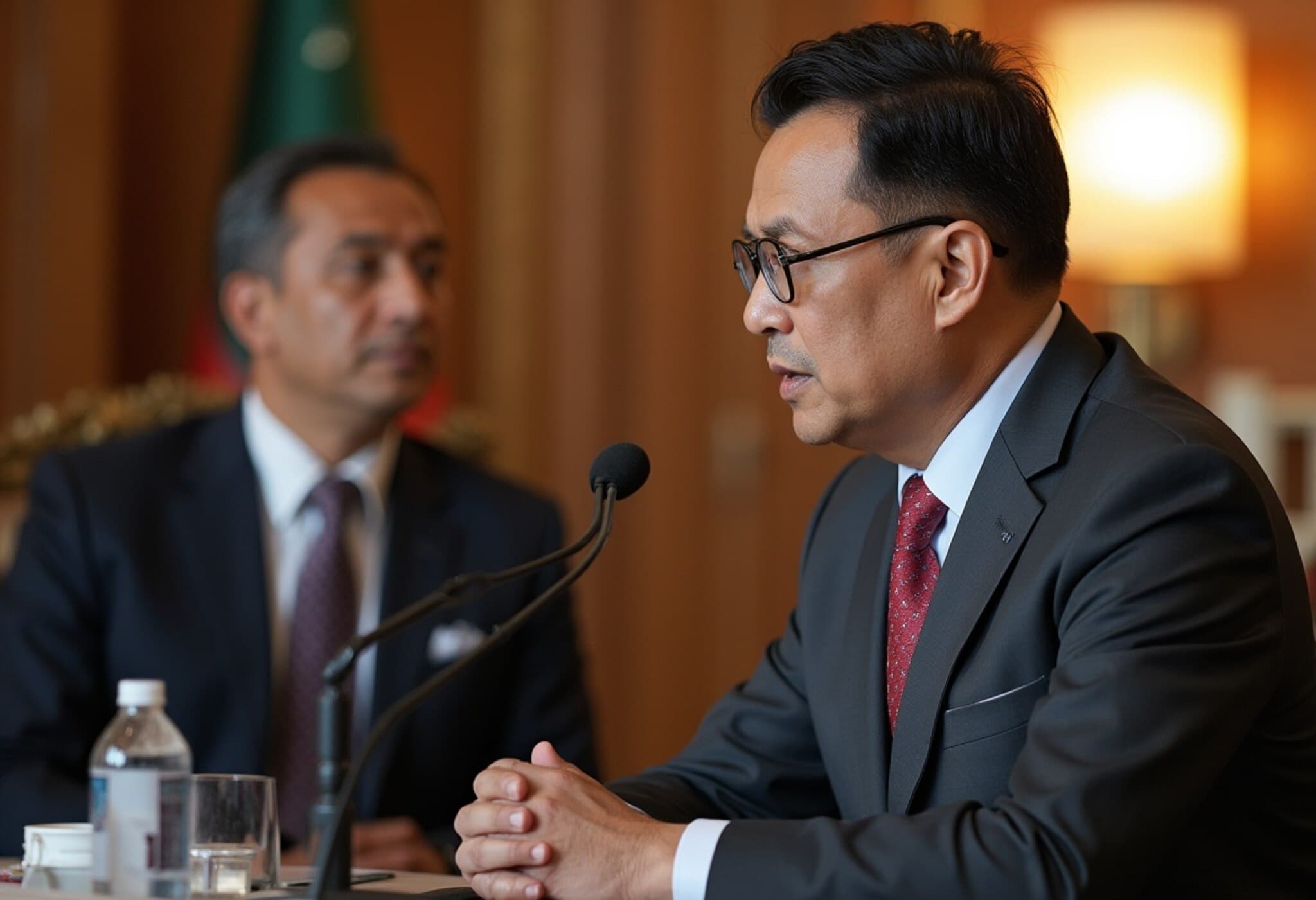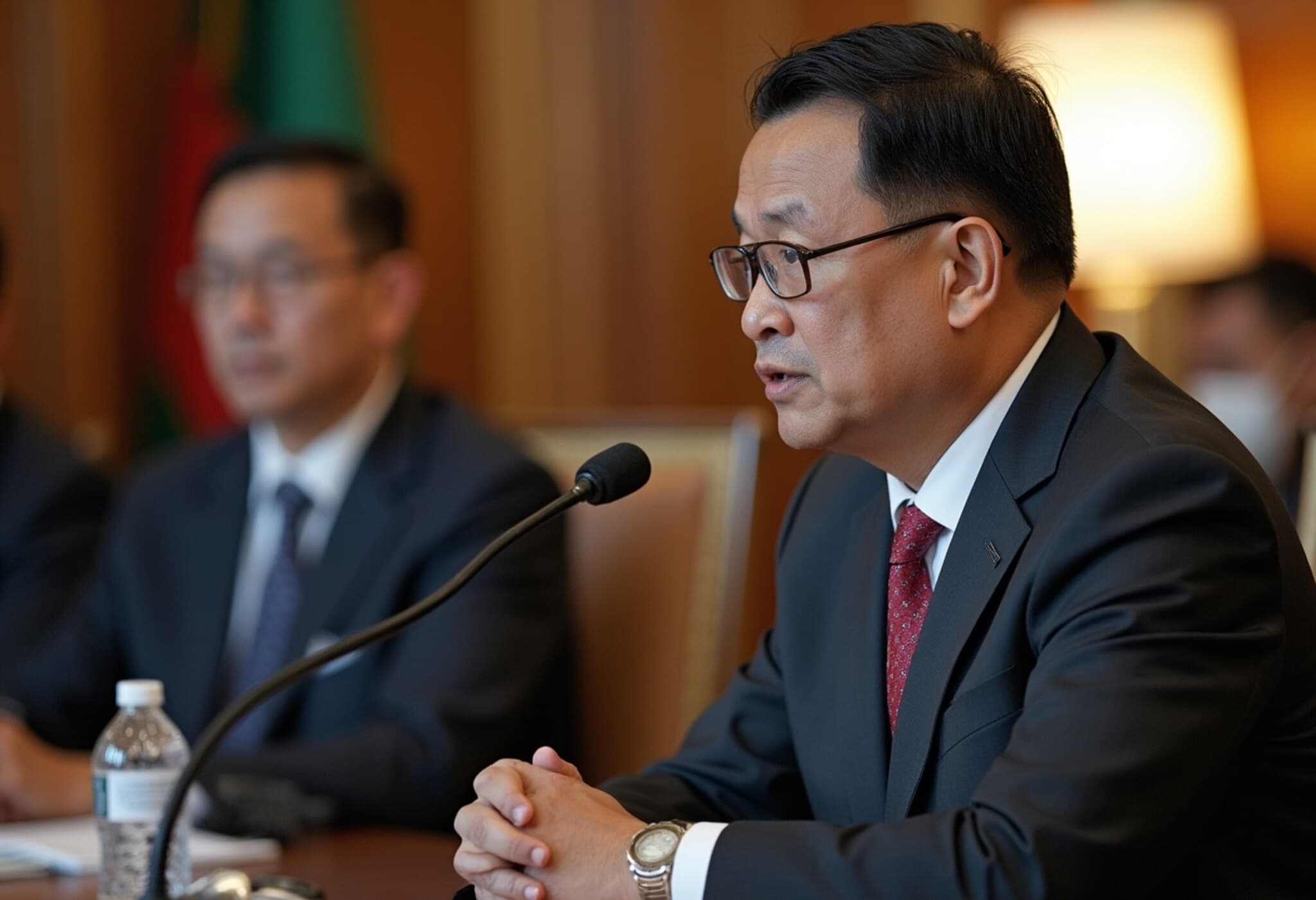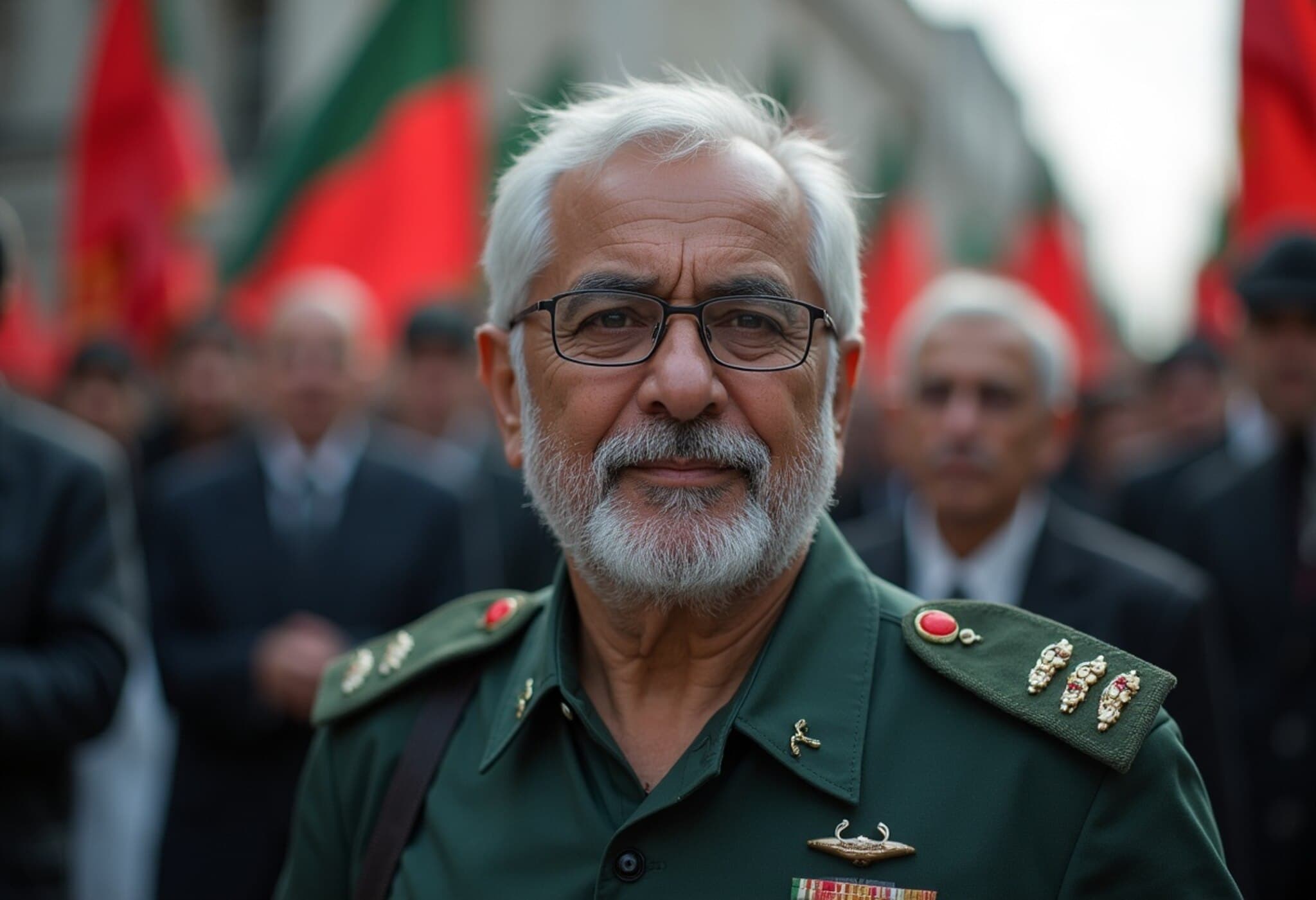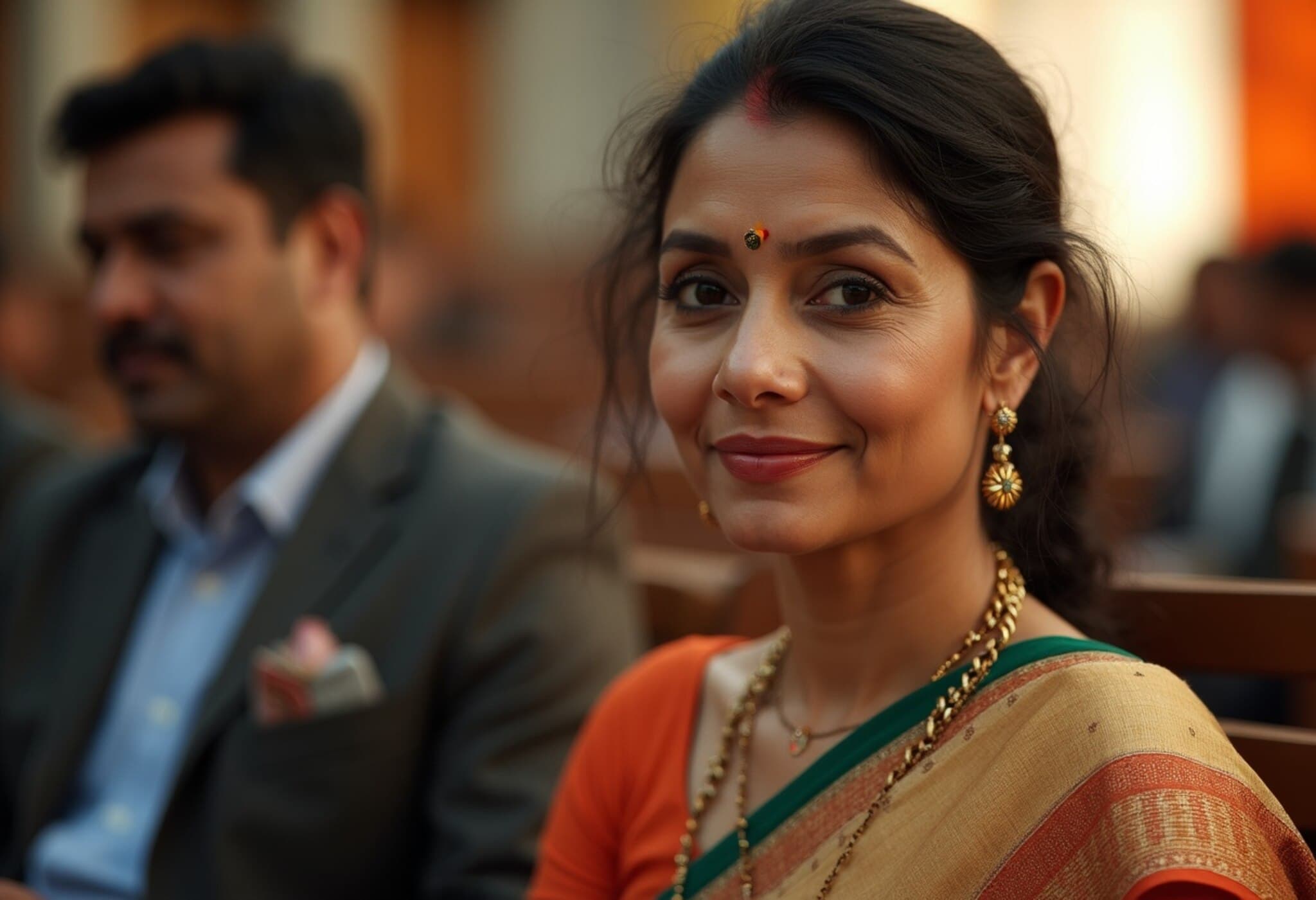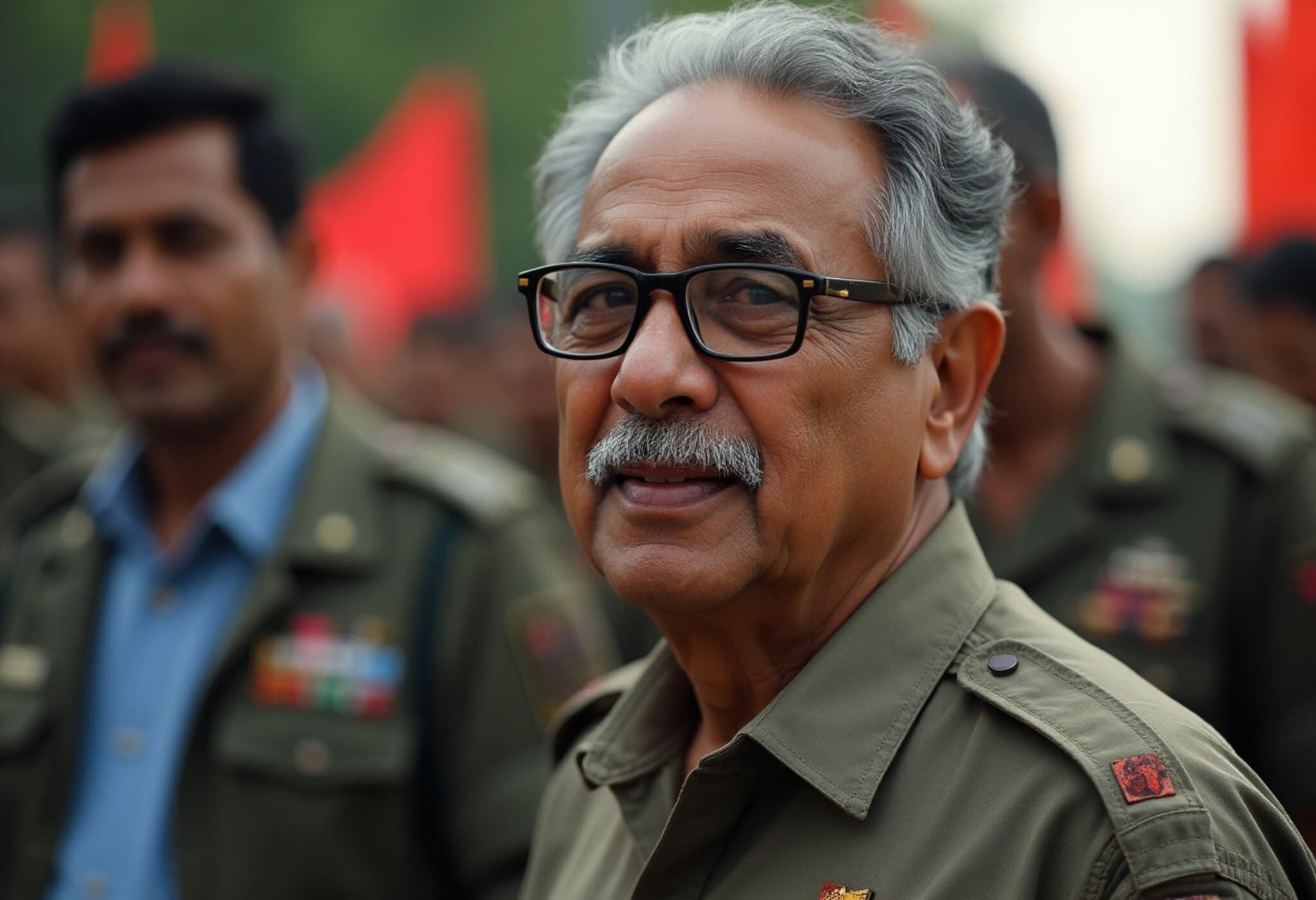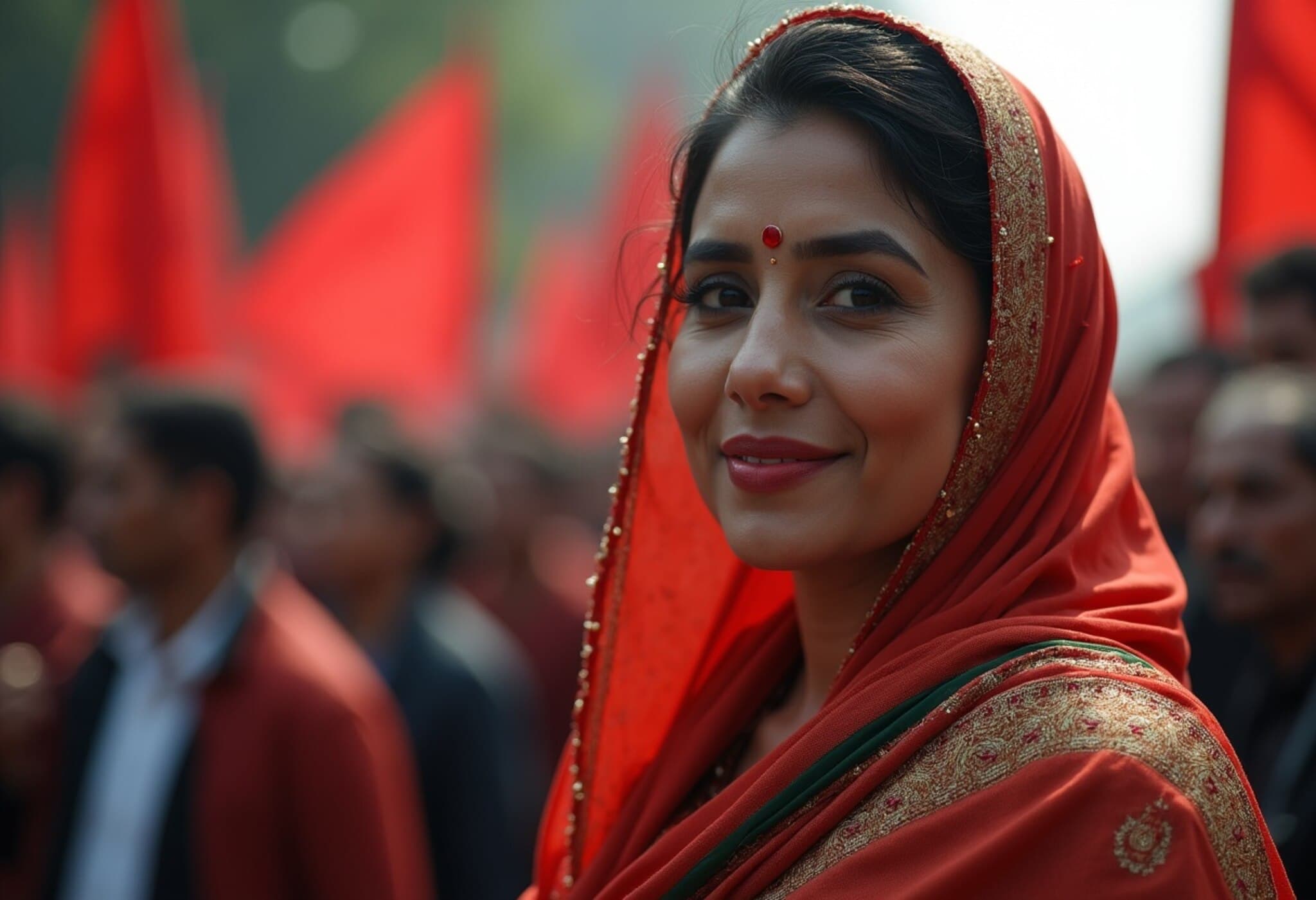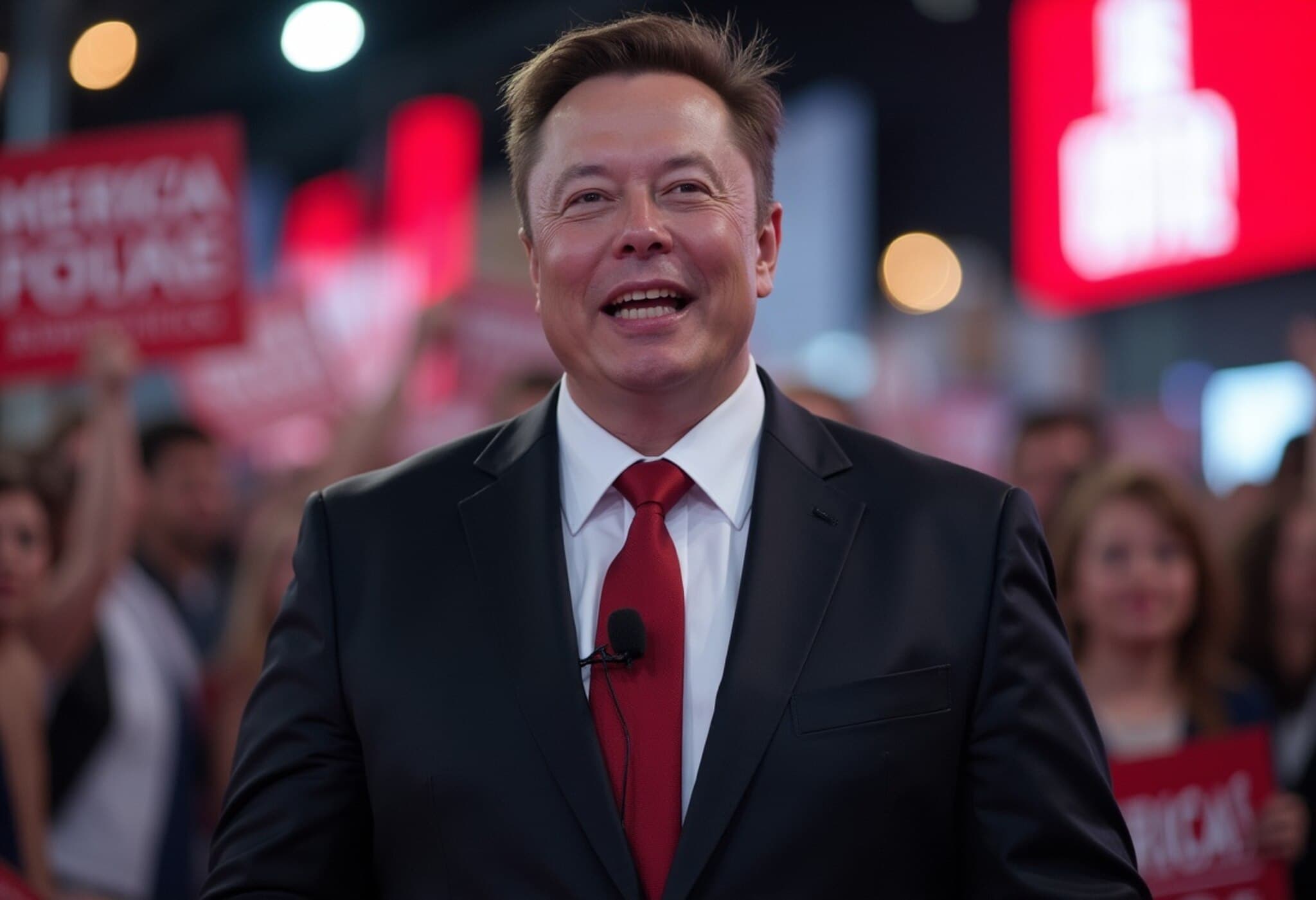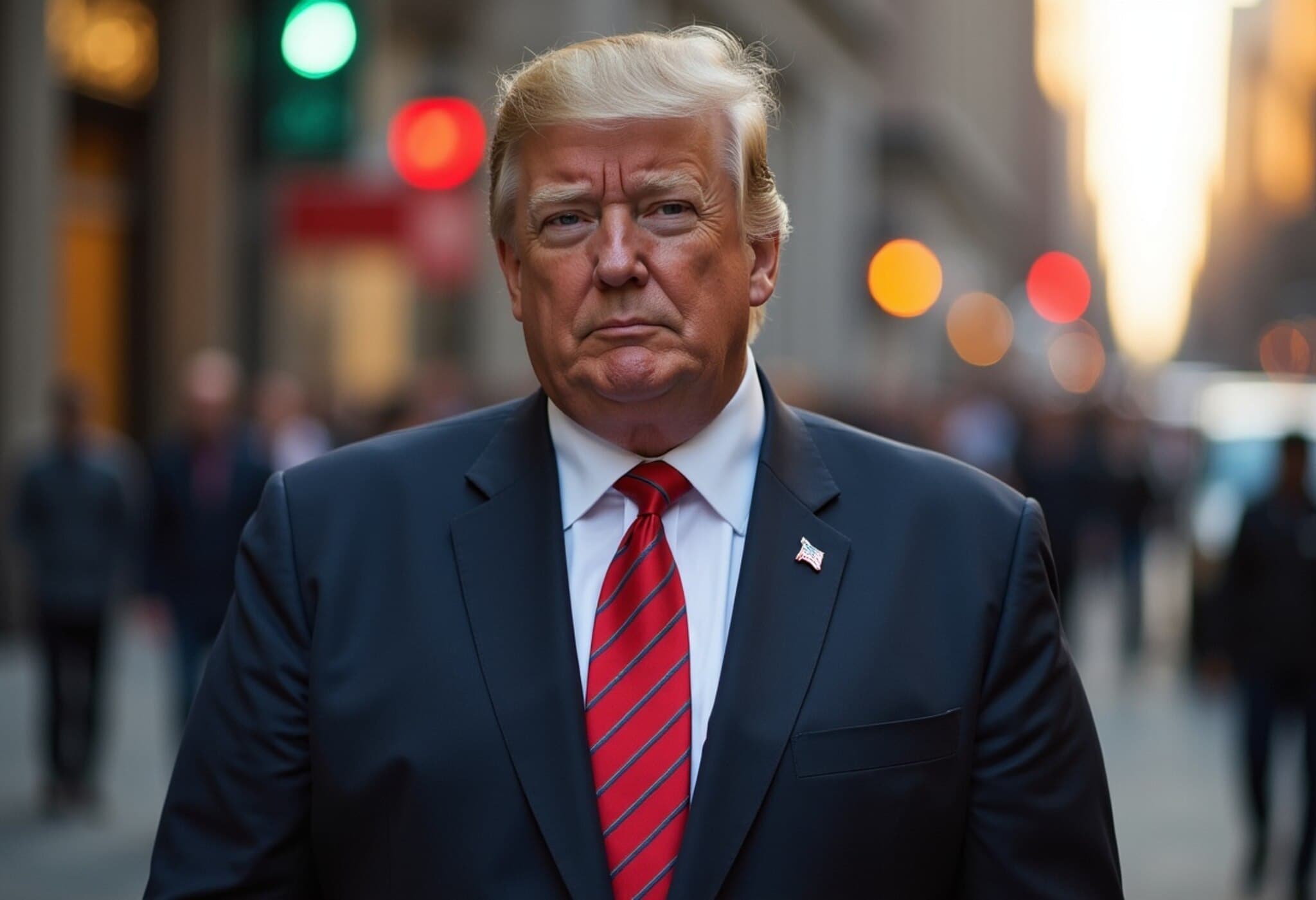Political Meeting in London Sparks Talks of Early Elections in Bangladesh
Chief Adviser Prof Muhammad Yunus is scheduled to meet Tarique Rahman, acting chairman of the Bangladesh National Party (BNP), in London on June 13. This high-profile encounter comes amid escalating tensions over the timing of Bangladesh’s next national election and could serve as a pivotal moment in the country’s political landscape.
Election Timing at the Heart of the Debate
The ongoing standoff centers around when to hold the national polls. Prof Yunus, currently leading the interim government, recently announced plans for elections to take place in the first half of April 2026, citing the need for comprehensive reforms before the vote. However, the BNP, representing the largest opposition party, is pushing for an earlier election, advocating for polls as soon as December 2025.
Tarique Rahman, son of former Prime Minister Khaleda Zia, now represents BNP’s leadership following political upheavals that saw the Awami League, led by ex-Prime Minister Sheikh Hasina, banned by the interim government. Zia herself has criticized Yunus’s unelected administration, labeling its prolonged tenure as a threat to Bangladesh's democracy and calling for protests nationwide.
Military Voices Amplify Urgency
The political tension deepened when Bangladesh Army Chief General Waker-Uz-Zaman weighed in during May, urging that elections be held by December 2025 to restore stability. This adds another layer of pressure on the interim government to reconsider its timeline.
Hope for a Political Breakthrough
BNP Secretary General Mirza Fakhrul Islam Alamgir expressed optimism about the upcoming London meeting, describing it as a potentially transformative event for both national and international observers. He emphasized the opportunity for this dialogue to address long-standing political challenges and foster new pathways forward.
Similarly, BNP Standing Committee member Salahuddin Ahmed noted that the party will present proposals aimed at ensuring the interim government’s neutrality during the election process. He voiced hope that the talks would encourage Prof Yunus to reassess the scheduled election date and engage in comprehensive discussions on Bangladesh’s political future.
What Lies Ahead?
This meeting between two key political figures arrives at a delicate moment, with the country's democratic processes hanging in the balance. Both sides seem willing to engage constructively, but consensus remains elusive.
As Bangladesh watches closely, the outcomes of this London dialogue could reshape the political calendar and influence the nation’s stability going forward.

